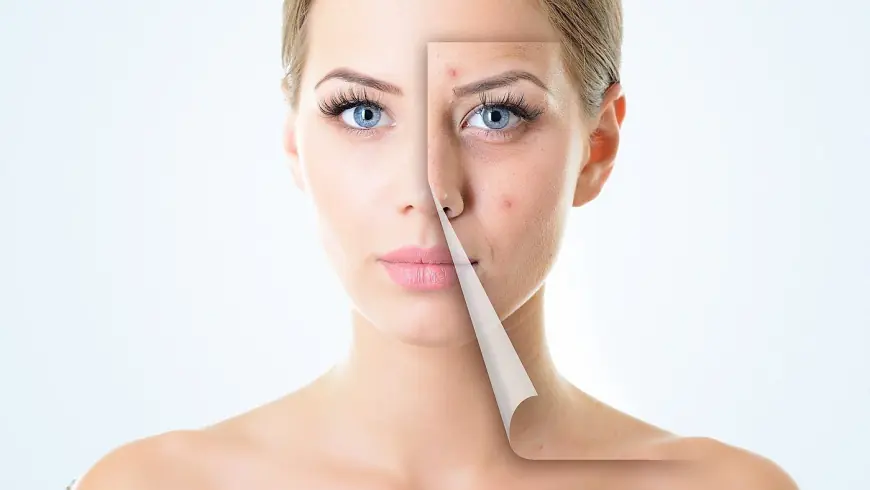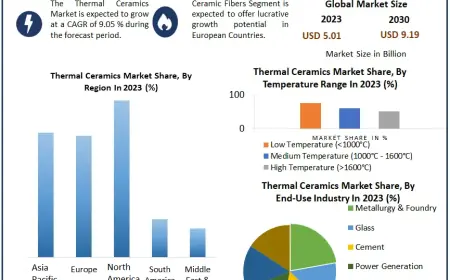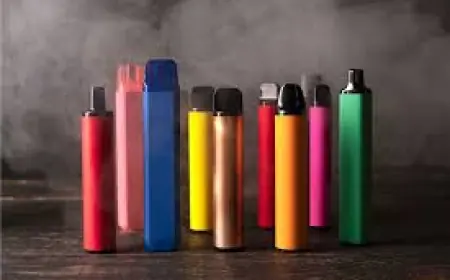Social Media and Acne: Navigating Filters and Expectations

Social media has revolutionized the way we communicate, share, and perceive beauty. However, its pervasive influence also comes with challenges, particularly for individuals struggling with skin conditions like acne. As platforms like Instagram, TikTok, and Snapchat emphasize flawless appearances through filters and editing tools, the societal pressure to look perfect has intensified. In this article, we’ll explore the relationship between social media and acne, the impact of filters on self-esteem, and how to manage these pressures. Let’s also discuss how platforms like estheticsbymonica can provide a healthier perspective on skincare and self-love.
The Rise of Social Media Filters
A World of Unrealistic Beauty
Filters on social media offer users the ability to enhance their features, often making skin appear smooth, blemish-free, and glowing. While they can be fun and creative, these enhancements create an unattainable standard of beauty. People with acne may feel disheartened when comparing their natural skin to the airbrushed perfection they see online.
The Psychological Toll of Filters
The overuse of filters can negatively affect mental health. For individuals with acne, seeing flawless skin on every post can lead to feelings of inadequacy, anxiety, or even depression. It cultivates the belief that their real appearance is not "good enough" for public consumption.
Acne in the Age of Social Media
The Visibility of Acne Online
While some influencers and brands are breaking the mold by sharing unfiltered, acne-positive content, the overwhelming majority of social media posts still prioritize perfection. People with acne may hesitate to share their photos, fearing judgment or ridicule.
Comparing Reality to Curated Content
It’s essential to remember that the photos seen on social media often represent curated, filtered moments. Acne is a common and normal skin condition that millions of people experience. Unfortunately, social media rarely reflects this reality, exacerbating insecurities.
The Role of Skincare Brands and Influencers
Advocating for Authenticity
Many influencers and skincare brands, including estheticsbymonica, are shifting the narrative toward authenticity. By promoting unfiltered images and real skin, they empower individuals to embrace their natural appearance.
Providing Reliable Skincare Advice
Social media can be a valuable resource for skincare tips, but misinformation is rampant. Trusted platforms like estheticsbymonica prioritize evidence-based advice, ensuring that followers receive accurate guidance for managing acne effectively.
Strategies to Navigate Social Media Pressures
1. Follow Acne-Positive Influencers
Seek out influencers and content creators who normalize acne and promote self-acceptance. Their stories can serve as a reminder that skin conditions do not define your worth.
2. Limit Filter Usage
While filters can be fun, relying on them excessively can distort your perception of your natural beauty. Challenge yourself to post unfiltered photos occasionally to celebrate your real self.
3. Curate Your Feed
Unfollow accounts that make you feel inadequate about your appearance. Instead, focus on following pages like estheticsbymonica, which emphasize positivity, skin health, and self-love.
4. Educate Yourself
Understanding the causes and treatments for acne can help you feel more in control of your skin. Trusted social media platforms and professionals can offer valuable insights.
The Role of Dermatologists and Estheticians
Seeking Professional Guidance
Social media cannot replace professional advice. For individuals struggling with persistent acne, consulting a dermatologist or esthetician is essential. Platforms like estheticsbymonica also provide professional perspectives, bridging the gap between online education and real-world expertise.
Combining Professional Care with Self-Love
Professionals in skincare often advocate for a balance between treatment and self-acceptance. They emphasize that while acne treatments can improve skin health, it’s equally important to cultivate a positive self-image.
The Future of Social Media and Acne Awareness
The Shift Toward Transparency
The increasing popularity of acne-positive movements signals a shift in societal attitudes. More people are sharing unfiltered, authentic images, challenging the stigma associated with acne.
Social Media as a Tool for Change
When used responsibly, social media can be a powerful platform for promoting acne awareness, educating audiences, and fostering a community of support. Pages like estheticsbymonica lead the charge in creating safe spaces for open conversations about skin health.
Building Confidence Beyond Filters
Embracing Your Natural Skin
It’s important to remember that filters, lighting, and editing do not define beauty. Confidence comes from within, and embracing your natural skin is a vital step toward self-love.
The Importance of Community
Finding a community of like-minded individuals who share your experiences can make a significant difference. Whether through online groups, local meet-ups, or supportive pages like estheticsbymonica, connecting with others can help you feel less alone in your journey.
Conclusion
Social media has reshaped beauty standards, often to the detriment of those struggling with acne. Filters and curated content create unrealistic expectations, impacting mental health and self-esteem. However, by following acne-positive influencers, seeking professional advice, and embracing authenticity, it’s possible to navigate these pressures.
Platforms like estheticsbymonica play a critical role in fostering self-love, providing reliable skincare advice, and advocating for transparency. Acne is a normal part of life, and learning to love yourself beyond the screen is the ultimate way to break free from the unrealistic expectations perpetuated by social media.
What's Your Reaction?
 Like
0
Like
0
 Dislike
0
Dislike
0
 Love
0
Love
0
 Funny
0
Funny
0
 Angry
0
Angry
0
 Sad
0
Sad
0
 Wow
0
Wow
0


















































